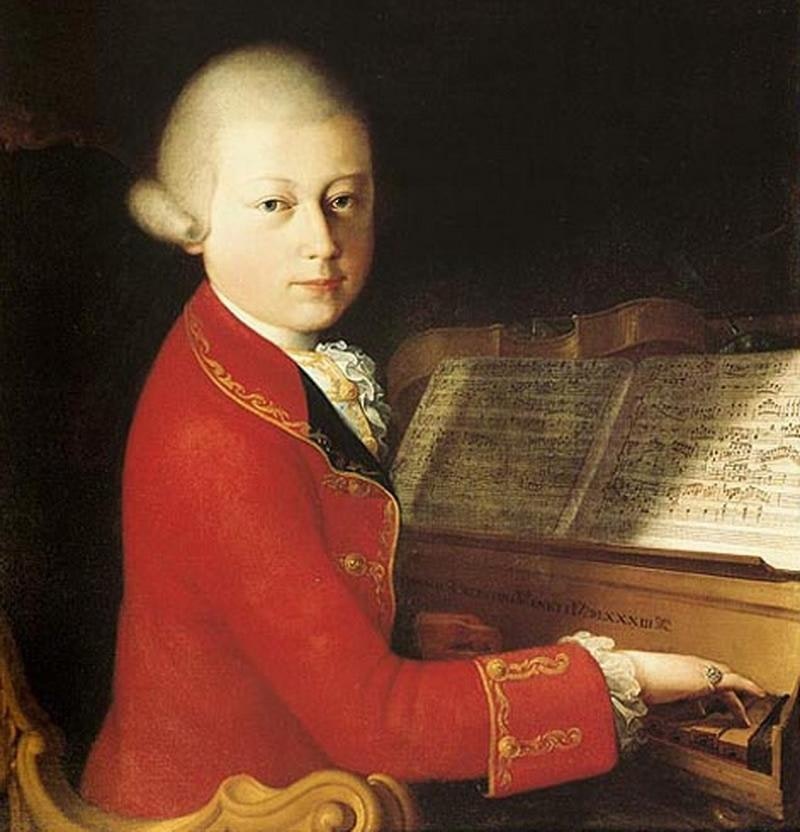In the New Testament, in the Book of John, Jesus, when being judged by Pontius Pilate, says that he came into the world to testify to the truth and that those who are on the side of truth follow him. Pilate responds, “What is truth?”
I had an experience recently that mirrored this exchange, minus the crucifixion. I was having an on-line conversation with Gerry Fialka for his podcast interview series called “I’m Probably Wrong About Everything” and he remarked near the end of our dialogue that I’d used the word “truth” repeatedly. He then asked me “What is truth”? I stammered and felt awkward, afraid that I’d used empty words. I tried to answer but couldn’t. After the fact I realized that “What is truth” seems so self-evident to me that to put it into other words never occurred to me. However, I think it’s a valuable question.
A truth in mathematical terms is always expressed as a tautology. 2 + 2 = 4, for example, and E=MC². Both sides of the equation express the same thing, just in different terms. For a long time this was mysterious to me because it seemed like one was just restating something and nothing changed. But then I remembered the victims of Hiroshima and Nagasaki which suggested that the situation was more complex. I recall studying logic which applies mathematical principles to language; it’s essentially the same idea, that conclusions are inherent in the propositions. It always gets down to some form of 1 = 1.
And then there’s the Gershwin song “Let’s Call the Whole Thing Off.” This song always had a strange “sound of one hand clapping,” paradoxical effect on me. It’s built around the idea that people sometimes pronounce vowels differently. Consider the lyric “You say tomato (toe-may-toe) and I say tomato (toe-mah-toe).” Although they’re singing about the same object, the difference in pronunciation revealed a metaphysical difference in the fundamental perception of ”tomato” on the part of Fred Astaire and Ginger Rodgers and it may have been better if they’d just called the whole thing off. In other words, maybe 1 doesn’t always exactly equal 1.
I used the word “truth” when speaking to Gerry Fialka specifically when I was describing what I’m looking for when composing music. This sounds vague. Besides, music, immune to analytical tautology, is an unlikely candidate for clear understanding. I realize now I could’ve substituted the word “clarity” for “truth.” It’s less emotionally charged.
People sense this in music. I’ve never felt that music was simply entertainment, but rather a life-or-death struggle for clarity, for truth. In classical-contemporary music, this search for truth is expressed in a number of technical ways. Each innovation, whether formal, harmonic, melodic, rhythmic or instrumental, casts a light upon the nature of musical clarity or comprehension. Arnold Schoenberg, in his 1941 essay “Composition with Twelve Tones,” said that changes in form were always a movement towards increased comprehension. One could ask: increased comprehension of what?
To comprehend any particular experience one must understand how it is constituted. This shouldn’t be confused with the dry dissection of dead matter, but rather the essence of a living art. We’re moved by a piece of music. Why? Can it be understood? In classical-contemporary music the composer works to create a structure which is emotionally moving and intellectually comprehensible. The greatest pleasure we can experience is when an emotional experience is created by intellectual understanding.
Humans are like the number 1 asking what’s on the other side of the equation. When we understand how we listen, how we function emotionally and intellectually, we’re involved in a form of self-clarification. Like every tautology, nothing and everything changes simultaneously. Musical truth is a continual search for comprehension of who we are and the nature of our perception.

